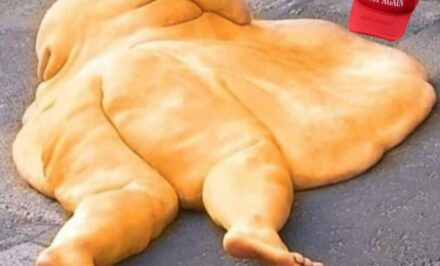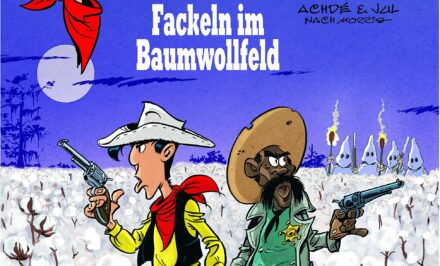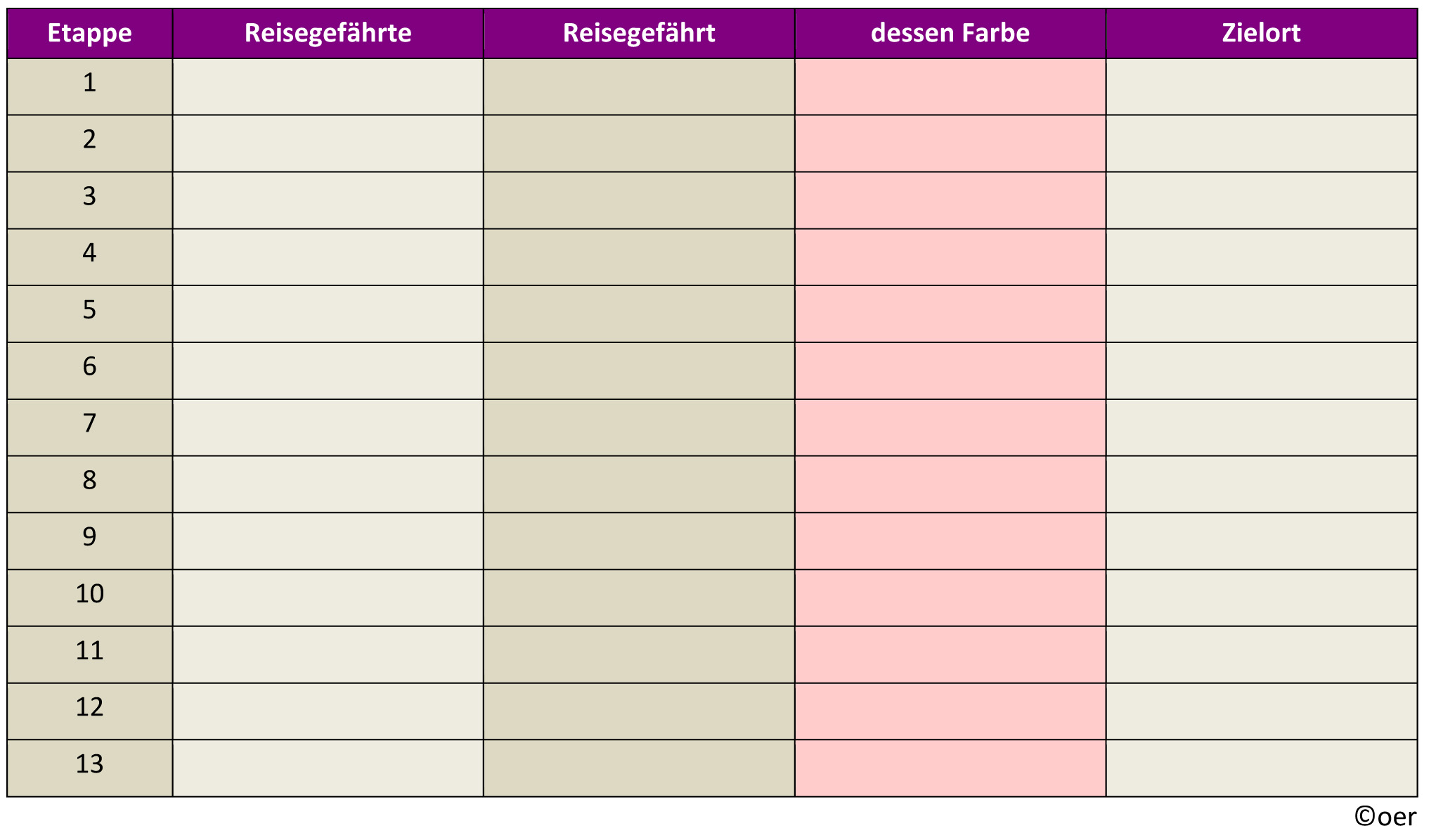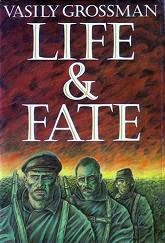
Life and Fate by Vasily Grossman
The title of this book almost reads like a mathematical equation that hasn’t quite found it’s ultimate expression. With a few more elements mysteriously conjoined it might give us the result that every human being desires:
(Life x Fate)+will+morality+love – the State = freedom.
To emphasize this essential longing in every human it can be no accident that in the opening scene we find ourselves approaching a monstrous prison camp.
Then the fence of the camp appeared out of the mist: endless lines of wire strung between reinforced-concrete posts. The wooden barrack-huts stretched out in long broad streets. Their very uniformity was an expression of the inhuman character of this vast camp.
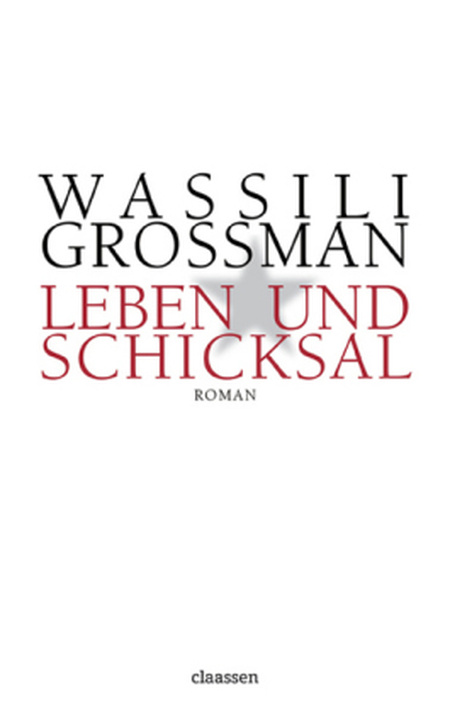
What had been a camp for anti-Nazi politicals has now become one for Russian PoWs whose military, insanely unprepared for Hitler’s invasion on 22nd June 1941, had been overrun by the irrepressible Germans. Their well-supplied armies had spent the summer smashing their way through the Ukraine and deep into Russia so that by September they were laying siege to Leningrad in the north. While further south they were heading inexorably to the entrance of the Caucasus where the endless supply of oil would reward Hitler with the potential to wage war indefinitely. The Germans even reached as far as Moscow until on 5th December, through snow more than a metre deep, Zhukov launched his counter-offensive and for the first time the Nazis were driven back.
Having survived the winter the Germans regrouped and the Russians, still disorganized, were driven further east beyond the River Don. In the original plan Paulus’s 6th Army should have headed south to take the Caucasus, but Hitler, mesmerized by the propaganda potential of capturing a city sporting the name of his Russian nemesis, ordered the capture of the city of Stalingrad.
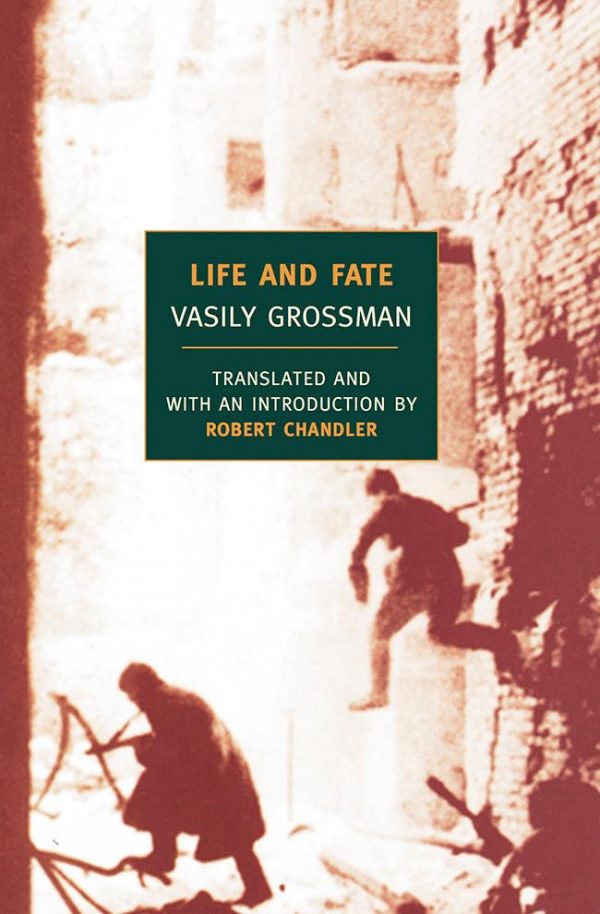
The book opens at this crucial turning point. Hitler’s surprise invasion having laid waste the Russian armies resulting in vast losses of men and equipment, it was left to Nikita Kruschev to extract the military’s hardware factories from the Ukraine to the east. However, they still needed to come properly on stream. On 28th July 1942, Stalin laid down the law of ‘not one step back’, while he himself took a small step to the side handing over military matters to: Zhukov in the north and Chuikov and Yeremenko in the south.
All that was needed was time to prepare for a counter-offensive on all fronts.
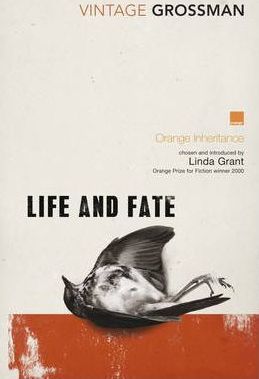
It was already too late for those thousands of PoWs in the camp, too late for the 20,000 Jews that one inmate had seen executed in one day, too late for the Russian peasants wrecked by the State’s collectivization policy. It’s also too late for Anna Shtrum. She is the mother of one of the main characters in the book: Viktor is a Jewish theoretical physicist, who along with his team has been evacuated from Moscow further east to Kazan for their safety. His mother, Anna, stranded in the Ukraine has written him a long and moving letter. She, a respected eye doctor, was living in a town overrun by the Germans and, with a cry of Juden kaput!, the locals took her furniture, shoved her into the smallest room while the surgery dismissed her with no pay. Later that summer all the town’s Jews, sweating in their winter clothes, were herded into the ghetto with just 15 kg of possessions.
Contained in her letter is everything noble and ignoble, kind and cruel in humanity. Grossman’s own mother was herself stranded in the city of Berdichev in the Ukraine where she was forced into a ghetto and later murdered. This letter is his homage to her and an attempt at redemption for his failure to get her out while he was covering the frantic Russian retreat for the Red Star newspaper.
She writes about kindness from an unexpected quarter, her love for her fellow Jews. Looking into their eyes, not for diseases now, but to find the doctor/patient relationship reversed and the people are a kind doctor who is healing my soul. They all know they’re going to die from the frequent reports of massacres and yet, despite the terrible cruelties meted out daily, nowhere is there so much hope as in the ghetto. She watches the children running to school in the morning, with a quite unchildlike seriousness, and wide tragic eyes. Even in their innocence they know they have no future. Above all she writes about her love for her son. Remember that your mother’s love is always with you, in grief and in happiness, no one has the strength to destroy it.
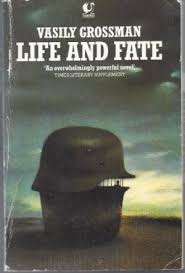
While Grossman is determined to show that the human spirit has the power to rise above the savagery of war he is also merciless in exposing the true nature of the States’ intentions in waging it. Whether Fascist or Communist their prime aim is to control or destroy the people over whom they have power and they will go to any lengths to succeed.
In the prison camp of the opening pages Liss, an SS General, brings in the Old Bolshevik, Mostovskoy, for what the latter assumes is going to be an interrogation involving torture. Instead Liss appalls him by insinuating a similarity between the Fascist and Communist States. How, rather than enemies, they should be friends, because in attempting to destroy each other they are, in fact, destroying themselves.
‘Today you’re appalled by our hatred of the Jews. Tomorrow you may make use of our experience yourselves.’
‘Do you think the world looks on us with horror and you with hope and love?’ he asked. ‘No, the world looks on us both with the same horror.’
To Mostovoskoy this is unbearable and he draws on considerable powers of delusion to satisfy himself that Liss is wrong.
The one thing Liss is able to assert is that the papers found in Mostovskoy’s possession, which belong to another inmate, the ‘holy fool’, Ikonnikov, could never have been written by such a fierce ideologue as the Old Bolshevik.
Intrigued, Mostovskoy reads these ‘scribblings’, which start with an attempt to define the nature of ‘good’ in the world. It’s obviously not a straightforward question because all sorts of people with ‘good’ on their side do terrible things in order to prove that their particular ‘good’ is universal.
What did Christianity with its Love your enemies bring to humanity? Byzantine iconoclasticism, the tortures of the Inquisition, the struggles against heresy in France, Italy, Flanders and Germany, the conflict between Protestantism and Catholicism…
The truth of the matter is that whenever we see the dawn of an eternal good that will never be overcome by evil…the blood of old people and children is always shed.
But it is here deep within the bleakness of good versus evil that we discover our true purpose.
Yes, as well as this terrible Good with a capital ‘G’, there is everyday human kindness… The private kindness of one individual towards another; a petty thoughtless kindness; an unwitnessed kindness. Something we could call senseless kindness. A kindness outside any system of social or religious good.
It is the mad kindness shown by a Russian woman to a German soldier who’s accidently shot himself which means that, while his comrades go outside to shoot more of her fellow villagers, she gives him water and sits him up so that he is comfortable.
It is both senseless and wordless…instinctive and blind. It is, however, particular to individual humans, hidden in the living darkness of the human heart. As soon as it is appropriated by religion it fades. The more stupid, the more senseless, the more helpless it may seem, the vaster it is. Evil is impotent before it. This dumb, blind love is man’s meaning.
Human history is not the battle of good struggling to overcome evil. It is the battle fought by a great evil struggling to crush a small kernel of human kindness. But if what is human in human beings has not been destroyed even now, then evil will never conquer.
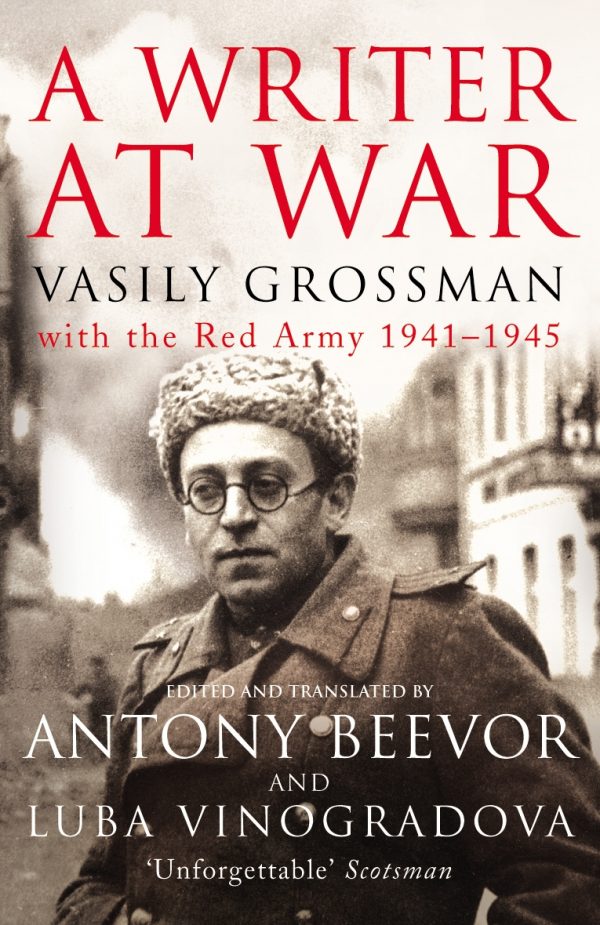
At the heart of Life and Fate lies the battle of Stalingrad – the battle that by no means won the war but, in retrospect, became the psychological turning point. Grossman, in reporting for Red Star spent five months in Stalingrad where he frequently made trips to the West bank of the Volga and witnessed first hand the ‘Stalingrad Academy of Street Fighting’. He was better placed than anybody to answer the big perplexing question of the Great Patriotic War: How was it that the Russians, demoralized and in disarray, managed to arrest the German war machine in full offensive flow, and, at the same time, regroup, reequip, rearm and, in full view of German army intelligence, position their forces for a massive counter-attack resulting in the encirclement of Paulus’s 6th Army?
The simple answer is: human spirit.
There were technical reasons too. Hitler’s capricious change of plan left the German armies exposed with never enough men to cover the endless steppe and protect their flanks. But Stalingrad was something else. The resistance was extraordinary. Paulus imagined his army was fighting against endlessly reinforced defenders. The truth was they were battling against handfuls of men refusing to relinquish a single inch of ground.
Grossman boils down this Russian resistance to the intensity of the crew operating out of what is known as House 6/1. This building, in the industrial zone, held crucial observation posts for their artillery positioned on the east side of the Volga, housed sappers capable of halting German tanks and was in the midst of the main thrust of enemy attacks meaning it had to be obliterated for any offensive to succeed.
The house has been under constant assault and bombardment for two months. Inside was a small group of men who, from under collapsing walls and ceilings in swirling brick dust, manned machine guns, mortars and anti-tank guns while surviving on foul water from the central heating system, eating whatever rot they could find and sleeping together in a heap on the floor. By sheer force of will they refused to be overrun.
Not content with House 6/1 being the epicentre of Russian resistance Grossman also made it the epicentre of the State’s irrepressible need for control. Regular contact had been lost with the defenders. The political officers, who observed all military action on behalf of the State, were concerned about what was going on in the building. The mercurial Grekov was the ‘house manager’ of House 6/1, but refused to write reports. It was more like a Paris commune than a military unit.
Further insight into House 6/1 is offered by a young soldier, Seryozha, who’s brought to HQ for questioning. He’s clearly in the grip of something quite divine created out of the united, determined endeavour of these men to defend…but what exactly? Was it the State? Was it the Motherland? Grekov was not only the hero of the hour but also a mine of information about the iniquities of collective farming, of military purges, of bribes paid, of denunciations written. A man capable of mad bravery and an easy-going simplicity who, having been unexceptional before the war, was now a legendary warrior and a crusader for the truth.
Infuriated by their loss of control the political officers send in Krymov, a high-ranking divisional commissar. He is appalled by Grekov’s insolence, wounded by his men’s mockery, unnerved by his own feelings of moral inferiority, and incensed by their behavior. He leaves after sustaining a grazing shot to the head possibly from Grekov himself.
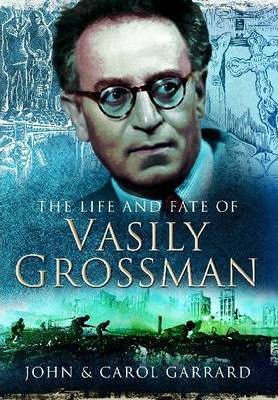
It is in the crucible of House 6/1 that we understand what is humanly possible under the extreme brutality of constant physical attack and ideological censure. Grekov and his men have created perfection where there’s no hierarchy, no orders, no rules, no demands, no State. They have taken the maxim that soldiers fight not for a cause, but for each other, and have raised it to a new human height. In this bizarre haven they’ve achieved perfect communication and understanding, total mutual respect, brilliant efficiency in their desire for the common goal of the defence of the city and their survival and, not only that, but love too, and, of course, as a consequence, freedom.
Having mentally prepared the reader with the horror of Nazi ideology and shown their determination to spare no expense in finding the ultimate technological means, Grossman describes the form of the Final Solution. As the Russian armies prepare their counter-attack, we follow the journey of Sofia Levinton and David, an abandoned boy she has adopted, from the cramped freedom of life in a packed railway wagon to the ultimate captivity of death by Zyklon B.
Grossman visited and interviewed victims of the Treblinka death camp in July 1944. He wrote articles in which there were graphic descriptions of inhuman brutality and sadistic cruelty by the Nazis, and even some attempted uprisings by the inmates, but they are missing from this section of Life and Fate, which concentrates on not just the pity, but the nobility of these innocents sent to their deaths.
The boy’s movements filled her with pity. Her feelings towards him were so simple that she no longer needed words and eyes.
Life is freedom and dying is a gradual denial of freedom.
The universe inside a person has ceased to exist.
What constitutes the freedom, the soul of an individual life, is its uniqueness.
It is right that horror on such a vast scale should deliver a portentous inertia that, for a long moment, paralyzes all dimensions of the book.
The German army, like a splitting wedge, is rammed into the heart of Stalingrad, which now lies in rubbled ruins. All that’s left are the dazed, the disturbed and the dead.
The Russian armies have reached such a state of preparedness for the counter-offensive that boredom and irritation have set in.
Viktor Shtrum, having achieved new heights with his latest breakthrough in atomic theory finds that, in his moment of glory, tectonic plates have shifted within the State and rather than being welcomed in he is on the edge of the abyss.
Time runs out for Krymov, the Old Bolshevik commissar whose savage report on Grekov and his comrades has arrived just as they’ve become Heroes of the Soviet Union. At a routine meeting Krymov is asked for his weapon and papers and this great servant of the State is sent to the Lubyanka prison in Moscow.
Those who have experienced the vividness of life in all its so-called freedom, who have achieved greatness under the auspices of their States, now discover the horror of encirclement, ostracism and imprisonment.
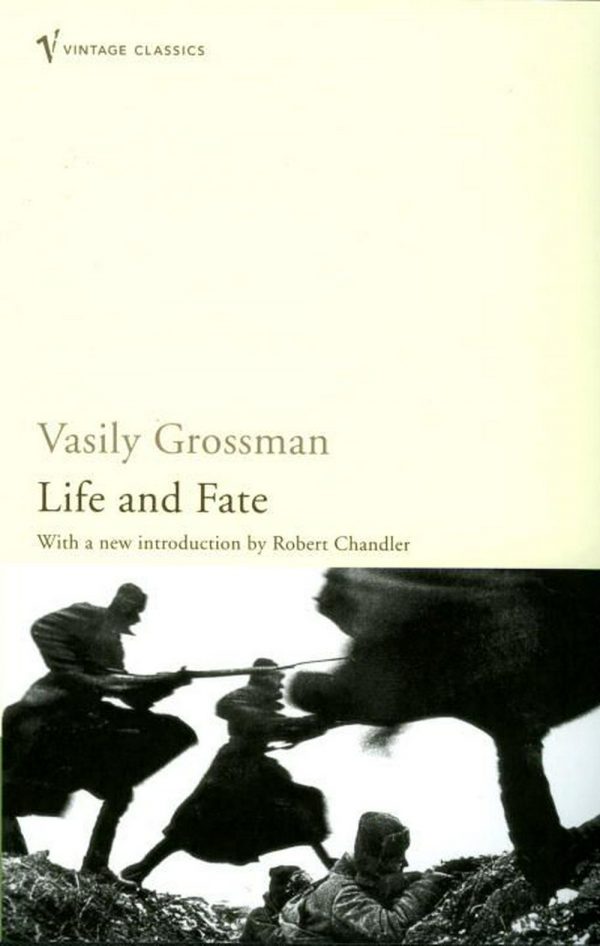
At every turn in the last part of this book, Grossman focuses on the intensely personal, the purely human, reminding us that freedom never lies in the arms of the State whatever it promises. In fact freedom never lies in the outside world of personal endeavour as perhaps we imagine it does, but always within.
When the encirclement of Paulus’s 6th Army is finally achieved and after months of terrifying bombardment the Stalingrad front becomes utterly quiet. It is a monumental moment as Chuykov and his colleagues realize that their desperate defence has yielded the ultimate result of…silence.
These minutes of silence were the finest of their lives. During these minutes they felt only human feelings; none of them could understand afterwards why it was they had known such happiness and such sorrow, such love and such humility.
This beautiful silence translates into something else in Moscow. It is the moment when Stalin can openly proclaim his ideology of State nationalism. The writing is on the wall for Viktor Shtrum who feels quite tangibly the difference in weight between the fragile human body and the colossus of the State.
Should Viktor repent his theoretical sins by making a speech to the Institute declaring his behavior incompatible and his researches deviant? Where does a human being look to make such a decision? There is only one place in which the truth resides.
He felt a sense of purity. He felt calm and thoughtful….Never in his life had he felt such happiness, such humility. Nothing on earth could take away his sense of rightness now. He thought of his mother.
For Paulus’s encircled 6th Army life appears to go on as normal but now there is little fuel and food, hardly any ammunition. Supplies are not getting through. In December the nights are seventeen hours long and the cold is ferocious. Frosted tin stars stood out against a frostbound sky. But only in such unendurable conditions can change take place in the subsoil of human life.
Who among these doomed men could have understood that for millions of Germans these were the first hours, after ten years of complete inhumanity, of a slow return to human life.
Meanwhile the machinery of the State grinds on and Krymov meets his investigator who introduces him to the fundamental absurdities of State Irony.
Meaningless trifles and empty, careless words had become intertwined with his deepest convictions…
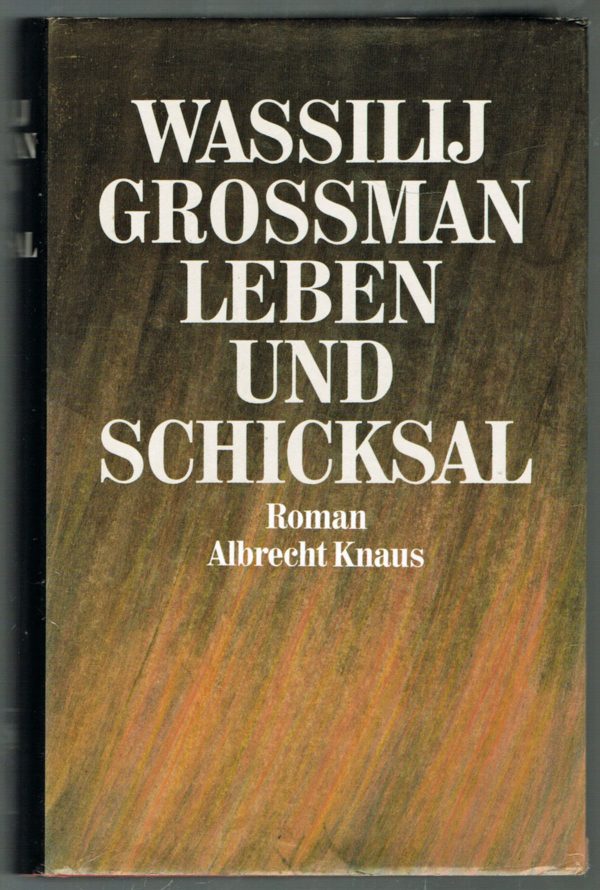
Accusations of treachery are made. Repentance demanded. Outraged denials ensue. Beatings are administered. Krymov is reduced to a trembling wreck. All his fine speeches made from sincere beliefs are forgotten. All that’s remembered is that he demoralized men, destroyed their faith, infected them with his hopelessness. His report on Grekov and House 6/1, scathingly reinterpreted, takes its revenge. Only at this lowest point in his life does he become receptive to the truth.
At this bitter moment, his whole life shattered, he understood the power of a woman’s love.
Grossman believes that there is always the risk of suffering in being uniquely human, but the one thing that can always be relied upon is for the State to be endlessly demanding and vengeful. Even when a man has been raised up to celebrated heights, as Viktor Shtrum has been by the beautifully timed endorsement from the great leader, the State will always call in its debt. In doing so it will seek to crush the last remaining kernel of that which makes us human. It will achieve this by asking something that appears to be, if not innocuous, then at least, in his new position of comfort, bearably dishonest – a signature is required on an untruthful document.
He signs out of an obscure, almost nauseous feeling of submissiveness. In doing so he instantly realizes that he had sacrificed his inner freedom…everything had vanished.
The State has won. Or has it? In retrospect he can’t understand why he had committed this terrible sin? Everything in the world was insignificant compared to what he had lost. Everything in the world is insignificant to the truth and purity of one small man…But in realizing this he then grasps that it is never too late. He still had the strength to lift up his head, to remain his mother’s son.
And he wasn’t going to console himself or justify what he had done. He wanted this mean, cowardly act to stand all his life as a reproach; day and night it would be something to bring him back to himself.
Every hour, every day, year in, year out, he must struggle to be a man, struggle for his right to be pure and kind. He must do this with humility.
This is where Grossman is at his most powerful when he makes the crushing power of the State profoundly personal, demonstrating that belief in it is utterly pointless, and that man’s power always lies within his own grasp. These tiny kernels of truth and love living inside us are what make us human, extraordinary and always with the potential to be free if only we would look.
How does a writer end a book written on such huge geographical, political and human canvas in which we have entered into the lives of so many characters? Grossman decides to maintain the human level but with characters unknown to us, a wounded soldier in love with a young mother, stranded in the beauty of the natural world, residents in its beautiful silence.
The silence contained the memory of last year’s leaves and rains, of abandoned nests, of childhood, of the joyless labour of ants, of the treachery of foxes and kites, of the war of all against all, of good and evil born together in one heart and dying with this heart, of storms and thunderbolts that had set young hares and huge tree trunks trembling. It was the past that slept under the snow, beneath this cool half-light the joy of lovers’ meetings, the hesitant chatter of April birds, people’s first meetings with neighbours who had seemed strange at first then become part of their lives.
Somehow you could sense Spring more vividly in this cool forest than on the sunlit plain. And there was a deeper sadness in this silence than in the silence of Autumn. In it you could hear both a lament for the dead and the furious joy of life itself.
Robert Wilson
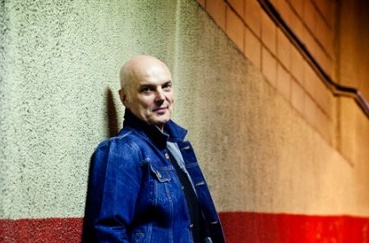
Well-travelled British author Robert Wilson is the author of the Bruce Medway-, Charles Boxer- and Javier Falcon-novels. In 2003 his novel Tod in Lissabon (A Small Death in Lisbon) won the „Deutscher Krimipreis“. He has finished a manuscript for a WW II-thriller, set among the exiles in France and Portugal. His appearance at CrimeMag here.


